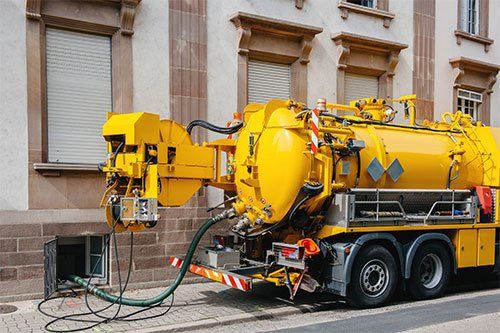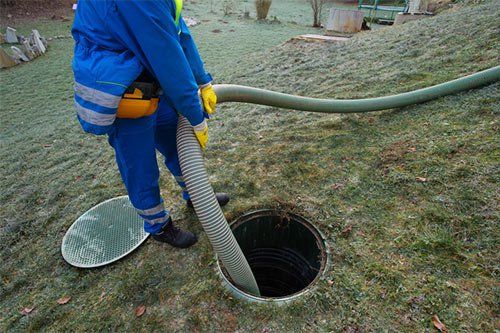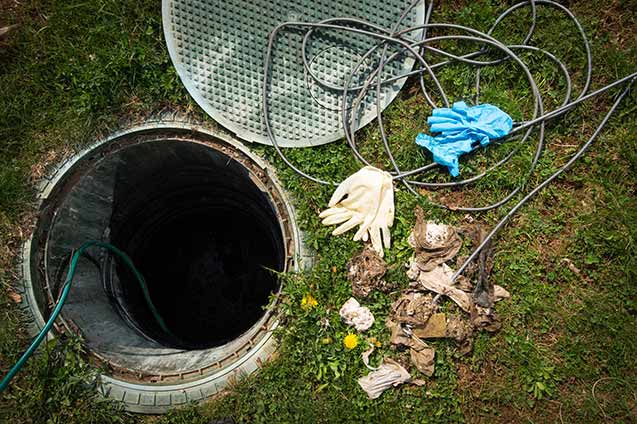Dangers Of DIY Septic Work, And Applicable Safety Precautions
- By Admin
- •
- 18 Dec, 2018
- •
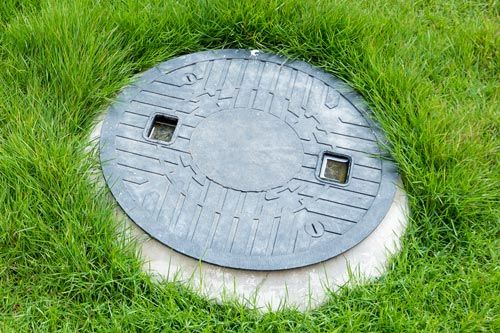
The Dangers
The dangers of septic systems range from diseases to accidental injuries, and the injuries range from mild issues to potentially fatal ones. Here are some of the specific dangers you may experience around a septic tank.
Cave-in or Collapse
Old or damaged septic tanks can cave in and collapse. With time, the walls or cover of a septic tank deteriorates and becomes unable to support the external pressure on the tank. Tank covers or walls may also weaken if you constantly operate heavy machinery around the tank's location.
If you fall into a septic tank, you may break your limbs, suffer lacerations, and expose yourself to dangerous germs. To get out of a septic tank without help is also difficult.
Explosion
Septic tanks produce several gases as byproducts of the treatment process. Some of these gases, such as methane, are highly explosive. You can easily suffer burn injuries or even burn down your home if you expose an open flame to the septic tank gases. For example, you may cause an explosion if you try to insect a damaged septic tank with a cigarette lighter.
Asphyxiation
Asphyxiation is what you feel if your body doesn't get adequate oxygen. The condition can lead to unconsciousness or even death if you don't get help soon enough. Since septic treatment processes produce lots of gases, the area around or inside a septic tank has limited oxygen.
You might breathe in such dangerous gases, instead of oxygen, if you spend too much time around the tank. Without adequate oxygen, you may fall unconscious and even fall into the septic tank where you might suffer further injuries.
Infection
A typical septic tank is chockfull of dangerous microorganisms. The infectious microorganisms may make you ill if they get into your body through your mouth or open skin such as wounds. For example, germs may get into your bloodstream via cuts on your hands or legs.
Electrical Shock
Lastly, you also risk electrical shock or electrocution if you try any DIY maintenance where you have to dig around the septic tank. If you dig without confirming the location of electrical utility lines, you might hit some of the electrical lines and suffer electrical shock.
Cave-in or Collapse
Old or damaged septic tanks can cave in and collapse. With time, the walls or cover of a septic tank deteriorates and becomes unable to support the external pressure on the tank. Tank covers or walls may also weaken if you constantly operate heavy machinery around the tank's location.
If you fall into a septic tank, you may break your limbs, suffer lacerations, and expose yourself to dangerous germs. To get out of a septic tank without help is also difficult.
Explosion
Septic tanks produce several gases as byproducts of the treatment process. Some of these gases, such as methane, are highly explosive. You can easily suffer burn injuries or even burn down your home if you expose an open flame to the septic tank gases. For example, you may cause an explosion if you try to insect a damaged septic tank with a cigarette lighter.
Asphyxiation
Asphyxiation is what you feel if your body doesn't get adequate oxygen. The condition can lead to unconsciousness or even death if you don't get help soon enough. Since septic treatment processes produce lots of gases, the area around or inside a septic tank has limited oxygen.
You might breathe in such dangerous gases, instead of oxygen, if you spend too much time around the tank. Without adequate oxygen, you may fall unconscious and even fall into the septic tank where you might suffer further injuries.
Infection
A typical septic tank is chockfull of dangerous microorganisms. The infectious microorganisms may make you ill if they get into your body through your mouth or open skin such as wounds. For example, germs may get into your bloodstream via cuts on your hands or legs.
Electrical Shock
Lastly, you also risk electrical shock or electrocution if you try any DIY maintenance where you have to dig around the septic tank. If you dig without confirming the location of electrical utility lines, you might hit some of the electrical lines and suffer electrical shock.
Safety Precautions
A septic tank is a dangerous system to work around. Take the following precautions any time to avoid septic tank injuries.
Identify Tank Location
Know where your septic tank is to reduce the risk of accidental injury. You can ask the previous owner of the property, look for marks that previous owners may have left, or engage the services of a septic system technician to help you locate the tank. Once you identify the location of the tank, mark it and avoid unnecessary activities around the location.
Avoid Open Flames
Don't use open flames, such as cigarette lighters, around the septic tank. Use flashlights if you have to inspect your septic tank.
Avoid DIY Service
Ideally, leave septic maintenance and services to professional technicians. The professionals have the tools, safety gear, skills, and experience to avoid injuries.
Avoid Solo Work
If you must work around a septic tank, don't do it alone. Get an assistant who can help you or call for emergency services in case something goes wrong.
Hopefully, you won't suffer any injuries related to your septic tank activities. Leave all septic maintenance and repair issues to Al's Septic Tank Service. We have the tools and skills to deal with all septic issues safely, so don't hesitate to contact us.
Identify Tank Location
Know where your septic tank is to reduce the risk of accidental injury. You can ask the previous owner of the property, look for marks that previous owners may have left, or engage the services of a septic system technician to help you locate the tank. Once you identify the location of the tank, mark it and avoid unnecessary activities around the location.
Avoid Open Flames
Don't use open flames, such as cigarette lighters, around the septic tank. Use flashlights if you have to inspect your septic tank.
Avoid DIY Service
Ideally, leave septic maintenance and services to professional technicians. The professionals have the tools, safety gear, skills, and experience to avoid injuries.
Avoid Solo Work
If you must work around a septic tank, don't do it alone. Get an assistant who can help you or call for emergency services in case something goes wrong.
Hopefully, you won't suffer any injuries related to your septic tank activities. Leave all septic maintenance and repair issues to Al's Septic Tank Service. We have the tools and skills to deal with all septic issues safely, so don't hesitate to contact us.
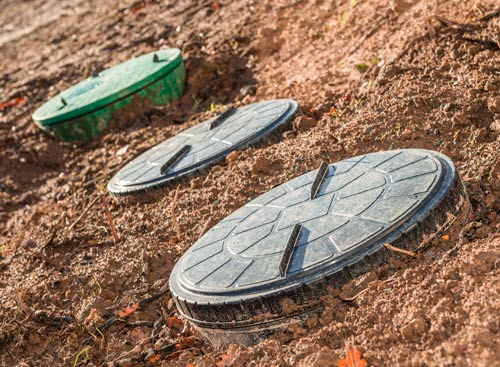
When you think about home maintenance, you probably think about washing the exterior siding, mowing the lawn, and shampooing the carpet. While these tasks are necessary, maintaining a healthy, functional septic system is also important.
Your septic tank is capable of breaking down some waste and debris. However, over time, excess waste and debris may build up faster than the septic system can break it down. This excess buildup can lead to a backed-up tank that can affect your home and yard. Thankfully, pumping your septic tank can improve the system's function. Here are three signs professionalsneed to pump your septic tank.
Your septic tank is capable of breaking down some waste and debris. However, over time, excess waste and debris may build up faster than the septic system can break it down. This excess buildup can lead to a backed-up tank that can affect your home and yard. Thankfully, pumping your septic tank can improve the system's function. Here are three signs professionalsneed to pump your septic tank.
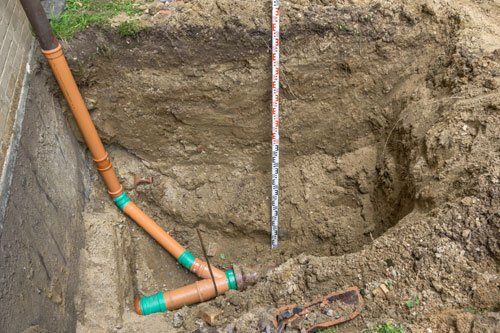
Tree roots are a common cause of clogged sewer lines, leading to sewage backups in your home. These clogs are insidious because they seem to happen without warning. That's not quite true, though — often there are warning signs. Learn why this happens so you can recognize the problem and request sewer line repairs as soon as possible

It's estimated the average American uses approximately 88 gallons of water each year. In addition to being expensive, using too much water can have a terrible impact on the environment and your septic system. Using too much water throughout the day for several weeks or months on end can overload your septic system, which can be disastrous.
Here is some important information about water conservation and your septic system – including tips to help you reduce your water usage.
Here is some important information about water conservation and your septic system – including tips to help you reduce your water usage.
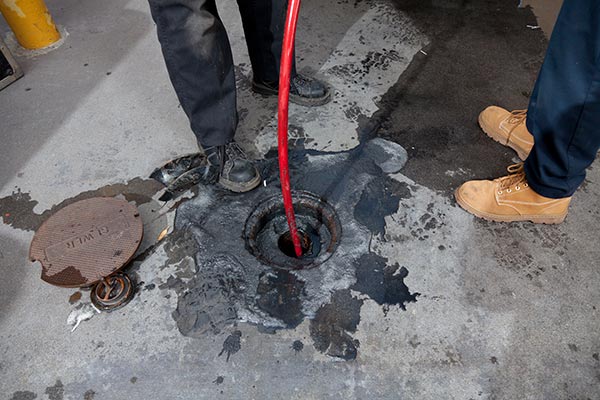
Properly caring for your septic system, which includes having it inspected yearly and pumped on a regular schedule, will ensure that it continues to work smoothly. If you're a new septic system owner, you might not be aware of the common mistakes that can cause your septic tank to backup, overflow, or completely fail.
Here are four of the most common septic system owner mistakes that you need to avoid.
Here are four of the most common septic system owner mistakes that you need to avoid.

Blogging is all about content and how you present it to the viewer. The content needs to be accurate (both the language and the information), to the point (Give people what they want) and useful for the reader ("I wanted to know about iPhone 6, not the history of Apple").
Here are some guidelines for writing a professional post:
Here are some guidelines for writing a professional post:

Welcome to your new blog!
Use the blog to tell a story, share information and knowledge, help your customers and drive traffic to your site. Your work on the blog will advance your site in search engines and bring new visitors who find your input useful.
A blog is based on posts (just like this one). Posts are the building blocks of the blog. All blog elements take their content dynamically from the posts you create.
The blog elements include:
Use the blog to tell a story, share information and knowledge, help your customers and drive traffic to your site. Your work on the blog will advance your site in search engines and bring new visitors who find your input useful.
A blog is based on posts (just like this one). Posts are the building blocks of the blog. All blog elements take their content dynamically from the posts you create.
The blog elements include:

